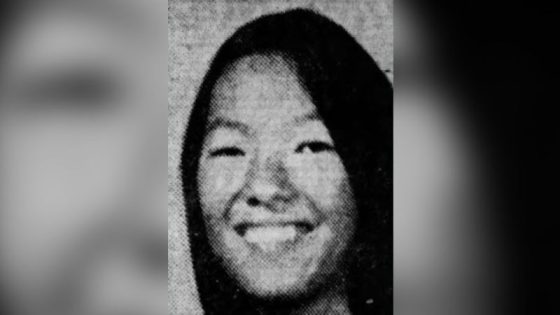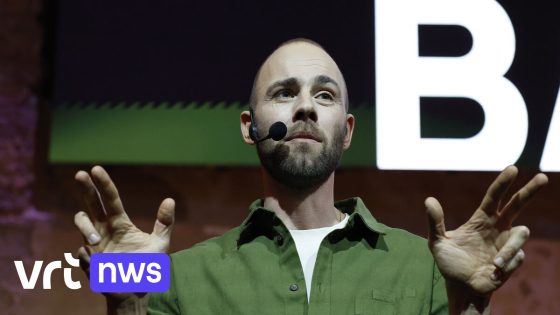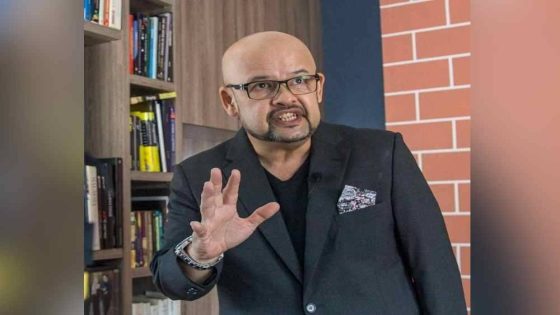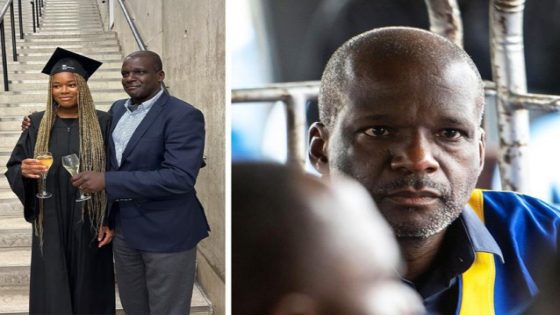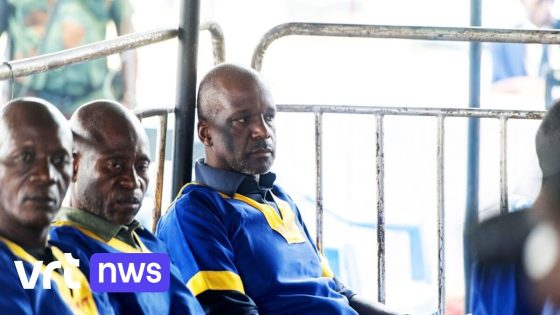Gideon Castro, 66, was arrested in Utah on January 23, 2025, for the 1977 murder of Dawn Momohara at McKinley High School in Honolulu. Modern DNA testing linked him to the crime scene nearly five decades after the teen’s body was discovered.
- Susie Chun Oakland recalls tragic school incident.
- Dawn Momohara found murdered in 1977.
- Community affected by the violent crime.
- Gideon Castro arrested decades later for murder.
- DNA evidence led to Castro's identification.
- Victim's family seeks closure after years.
Dawn Momohara was found dead on March 21, 1977, at McKinley High School where she was a student. The investigation into her death remained cold for decades until recent advances in DNA analysis provided new leads. In 2019, cold case detectives began reviewing evidence from the original investigation and were able to extract a partial DNA profile from evidence collected at the scene.
In early 2023, investigators identified Gideon Castro as a potential suspect based on new information and obtained DNA samples from his family members. Testing confirmed that Castro’s son matched the DNA found on Dawn’s clothing. Further analysis of a sample taken directly from Castro revealed a direct match with the evidence collected during the initial investigation.
The community has reacted with mixed emotions to this development; while there is relief that justice may finally be served for Dawn’s family, many are still left wondering about other unresolved cases. Chun Oakland, who attended McKinley High School alongside Dawn, expressed hope for closure but acknowledged the sadness surrounding unsolved crimes.
This case highlights how modern forensic science can reopen investigations and lead to arrests long after crimes have occurred. It serves as an important reminder of both progress in law enforcement techniques and the enduring impact of violent crime on communities.
The arrest of Gideon Castro marks a significant step forward in seeking justice for Dawn Momohara’s tragic death. As authorities continue their work on cold cases across various jurisdictions, communities remain hopeful for resolutions that bring peace to victims’ families.



